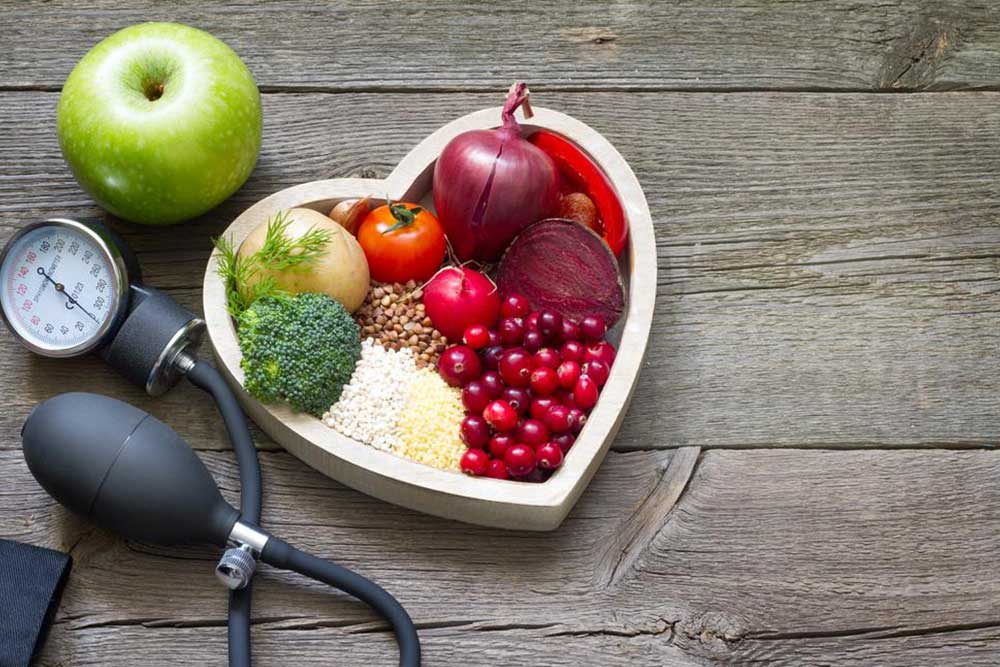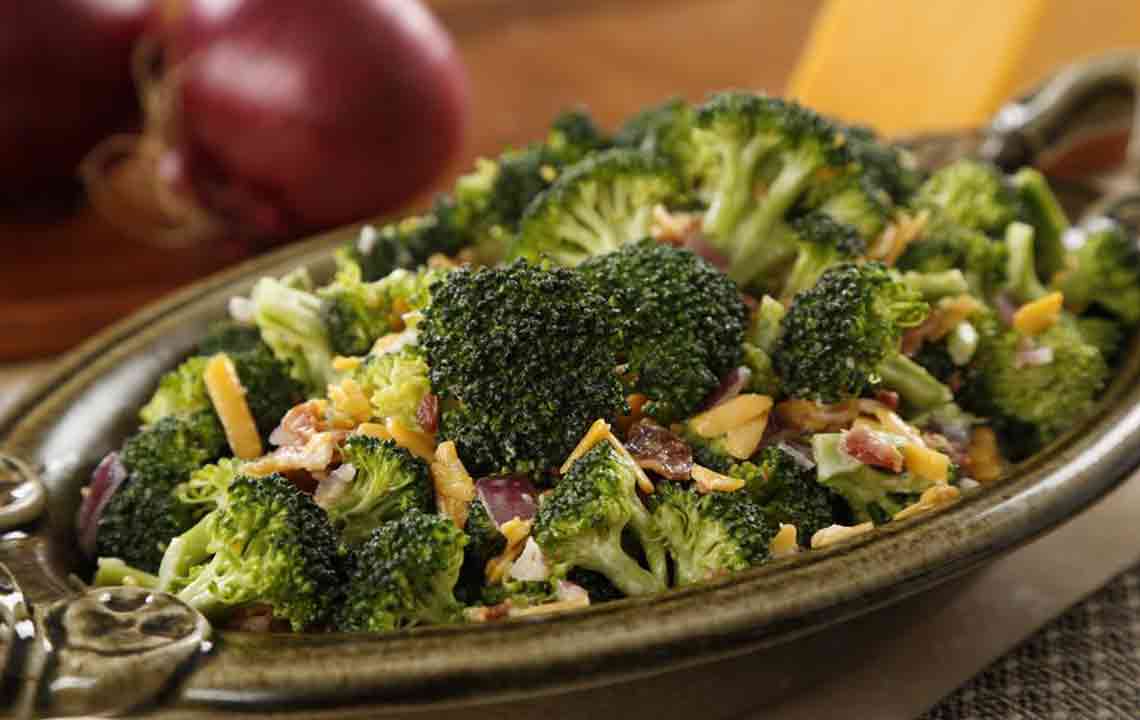The Difference Between LDL and HDL Cholesterol
Cholesterol is a lipid-like substance used by the body as a building block to produce vitamin D, hormones, and digestive juices to help break down the fats you consume as a part of your diet. High-density lipoprotein (HDL) and low-density lipoprotein (LDL) are the two types of lipoproteins. They are responsible for carrying cholesterol to and from the body’s cells in the blood. There is a third type of well which is called very low-density lipoproteins (VLDL).

Read on to know the basic difference between cholesterol HDL and LDL levels.
HDL is also known as the “good cholesterol”, while LDL is referred to as the “bad cholesterol”. HDL protects the body against narrowing blood vessels while LDL may make blood vessels even narrower. The difference is stark and hence the reason why they are called good and bad. VLDL contains a high number of triglycerides and is produced in the liver.
Cholesterol HDL and LDL levels are interpreted in the opposite manner. The higher the levels of HDL and the lower the levels of LDL, the better it is. In other words, if your HDL levels are higher, you are at a lower risk of contracting diseases like a stroke, vascular diseases, coronary artery disease, and heart diseases. They also have a protective effect on the blood vessels and may prevent cardiovascular diseases from developing in the body.
Mentioned below are the cholesterol levels, an HDL and LDL chart usually depicts:
LDL cholesterol level
- Less than 100 mg/dL – Optimal
- 100-129 mg/dL – Near optimal/Above optimal
- 130-159 mg/dL – Borderline high
- 160-189 mg/dL – High
- 190 mg/dL and above – Very high
HDL cholesterol level
- Less than 40 mg/dL – A significant risk factor for heart disease
- 40-59 mg/dL – The higher it is, the better
- 60 mg/dL and above – Protective against heart disease
Both types of cholesterol, HDL and LDL, are necessary for the proper functioning of the body. The problem arises when the levels of cholesterol in the body move beyond the ideal levels. It leads to fat depositing in the blood vessels, thereby causing them to narrow. The narrowing of blood vessels can pose a problem as it can lead to several diseases. To avoid excess cholesterol, have more fruits and vegetables as well as whole grains. At the same time, maintain a good diet and lead a healthy life by reducing your intake of red meat, cookies, and food items rich in saturated fat.




